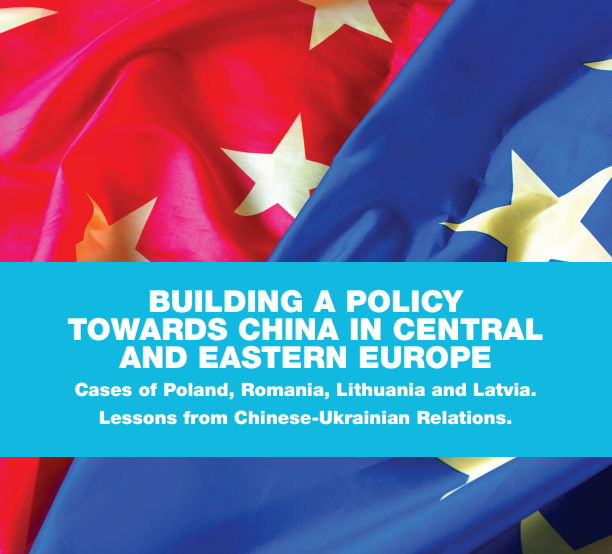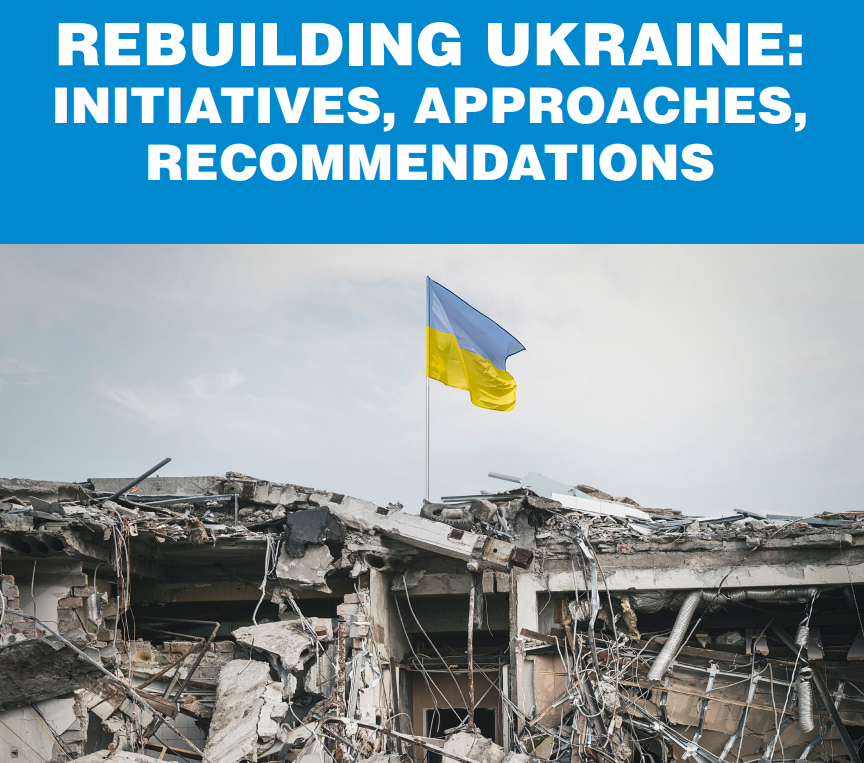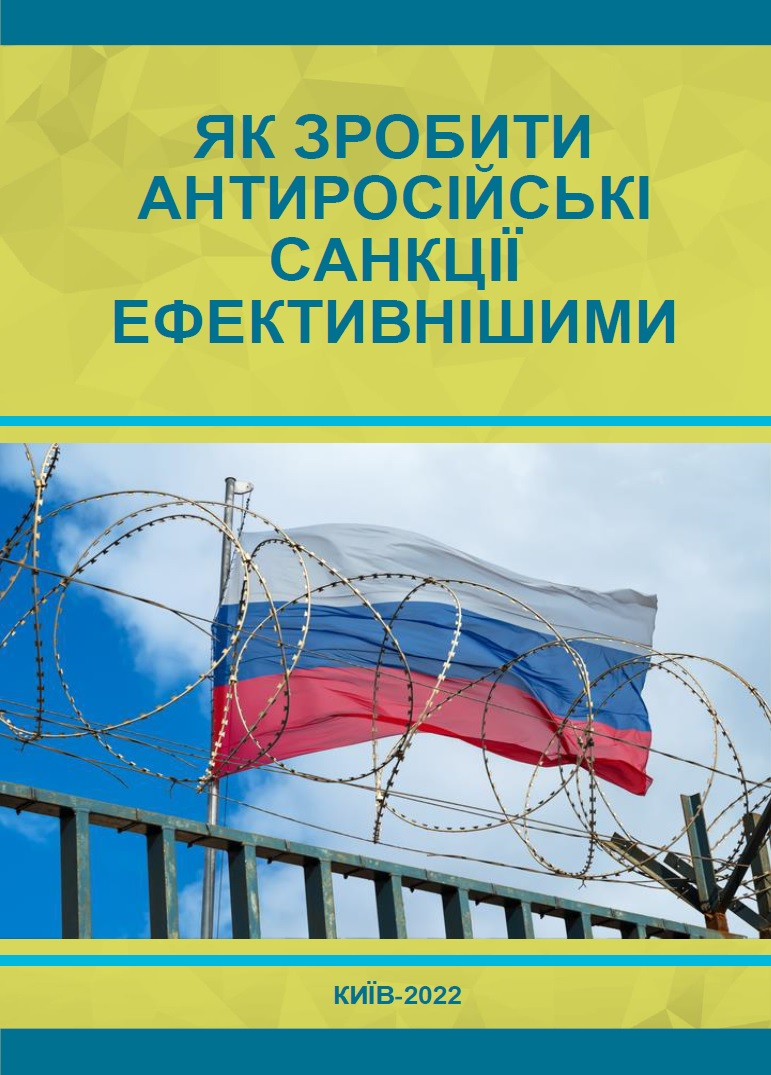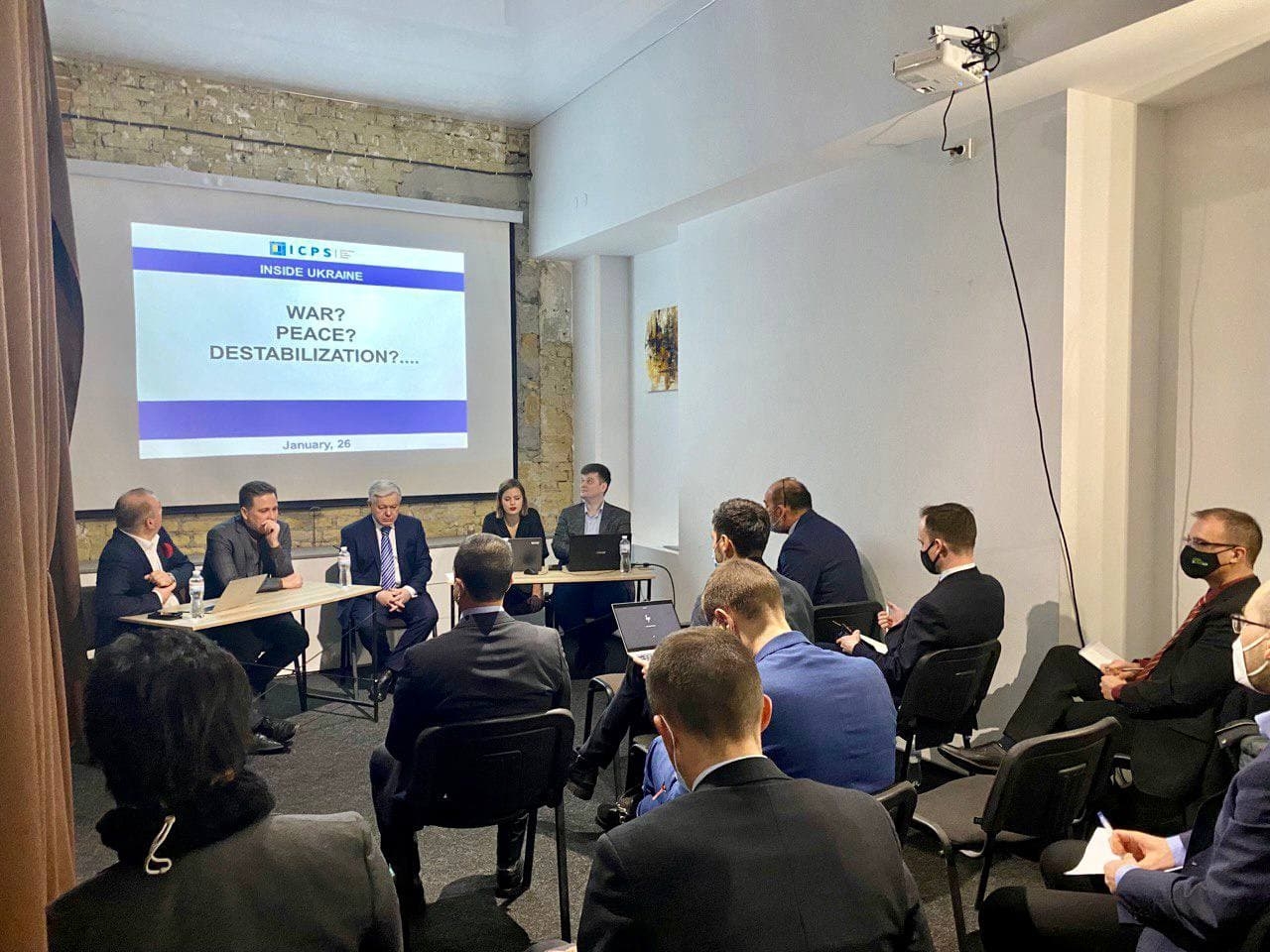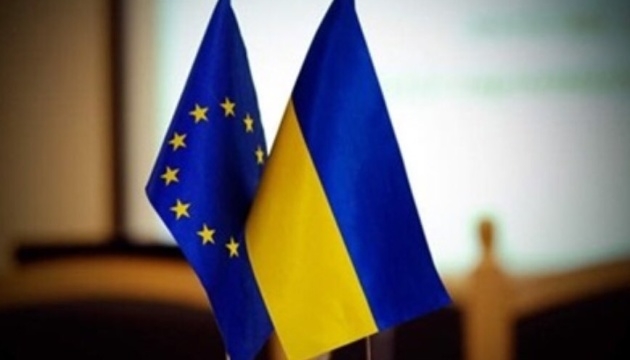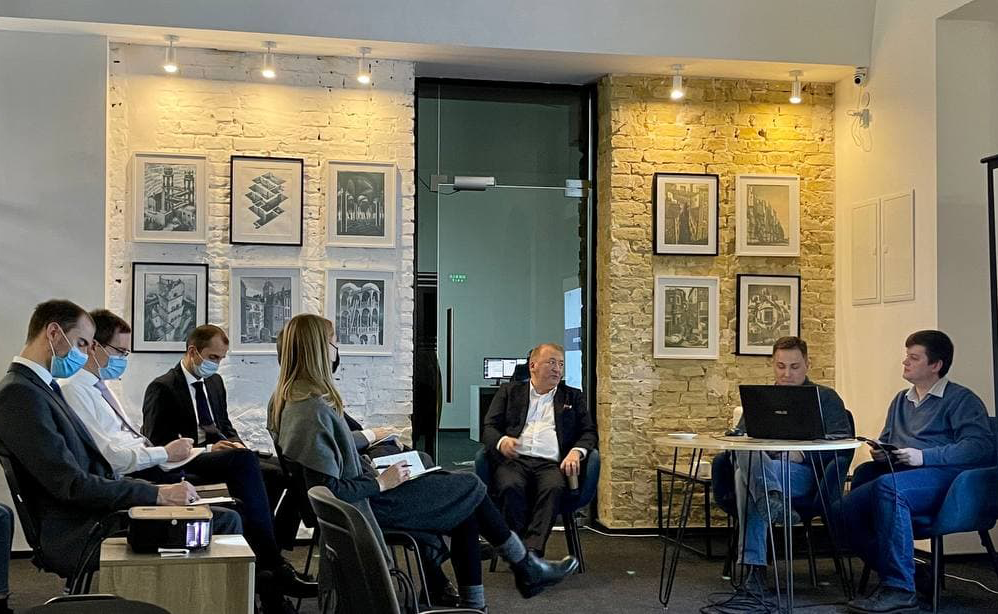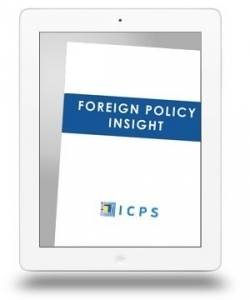ICPS experts researched the question of building a policy towards China in Central and Eastern Europe
ICPS has prepared an analytical study focused on the evolution of China's regional policy in Central and Eastern Europe, as well as recommendations for developing policies towards China in the region. The "One Belt, One Road" initiative has become a key tool for promoting China's geopolitical interests and implementing its grand strategy aimed at changing the existing international order. This global initiative encompasses transportation, logistics, trade, and investment projects, promoting China's transition to a new level of influence and responsibility. Europe plays an important role in this. The European market is a natural "center of gravity" for China's export-oriented economy; Beijing seeks to build strong cooperation with Europe based on active trade and interdependence. China, in its turn, is also an important trading and economic partner for Europe. Central and Eastern European countries (CEE) have in some sense become "gateway" to Europe for China. Seeking to deepen relations with them and involve in its own infrastructure projects, China has developed and implemented a regional policy within the framework of the "14+1" initiative (previously "16+1" and "17+1"), as well as on a bilateral level. This Chinese activity has elicited ambiguous reactions both among participating states and among other EU members. Russia's invasion of Ukraine has brought new problems to the agenda and significantly weakened China's position in Europe, particularly in the CEE. Political and security issues have taken priority over trade and infrastructure. The ongoing war has forced both China and countries of the region to adjust their perceptions and policies towards each other. The most vivid trends and problematic issues are examined in the paper utilizing the experience of Poland, Romania, Lithuania, and Latvia. Taking also into account Ukraine's experience in building relations with China, recommendations are provided for the main elements of CEE's policies towards China. More information can be found at the following link: https://icps.com.ua/en/our-projects/publications/building-a-policy-towards-china-in-central-and-eastern-europe/
What are the main problems of reconstruction plans for Ukraine and what are the ways to solve them: experts provided recommendations
International Centre for Policy Studies has presented the document "REBUILDING UKRAINE: INITIATIVES, APPROACHES, RECOMMENDATIONS", which analyzed different aspects of the future reconstruction process for Ukraine. According to various estimates Ukraine's total losses resulting from Russian aggression at the end of 2022 constituted around 700 billion US dollars. This amount has been increasing every day of Russian attacks and bombardments targeting civilian infrastructure and killing innocent people. The international community recognizes the need to finance reconstruction of Ukraine. There have been many international conferences, expert studies and discussions on that. However, there is currently no consensus on sources or tools for Ukraine's rebuilding projects, no agreed overall concept of how the process will be conducted and implemented. Meanwhile, needs of Ukraine for reconstruction are urgent and vital to keep country viable and able to withstand Russian continuing aggression. This necessitates an in-depth study of the issue as well as public and expert discussions to suggest appropriate decisions. In this paper the International Center of Policy Studies examines existing international experience of post-war reconstruction with a special attention to good examples, which can be used by Ukraine. Existing initiatives regarding the reconstruction of Ukraine are analyzed with a focus on new ideas and recommendations, which can be used in this process. The study intends to contribute to current expert discussions in Ukraine and among our partners on reconstruction of the country during and after the war. You can read/download the ICPS publication "REBUILDING UKRAINE: INITIATIVES, APPROACHES, RECOMMENDATIONS " by following the link: https://icps.com.ua/en/our-projects/publications/rebuilding-ukraine-initiatives-approaches-recommendations/
How to make sanctions more effective: ICPS analysts offered new ideas
International Centre for Policy Studies has presented the document "How to make anti-Russian sanctions more effective", which analyzed the gaps in the sanctions policy. It is noted that the international community has adopted seven packages of sanctions against Russia since its full-scale invasion of Ukraine in 2022. Over 50 countries have in some form joined the sanctions regime. Some states, such as Israel and China, don't adopt sanctions but block potential ways for Russia to evade their effect. Mainly, it is the developing countries that don't implement the sanctions regime, while the collective West is decisive and united in its exploit of the tool. Akin to 2014 and after, sanctions constitute a complex mechanism of selective action. They are not absolute but rather operate in different sectors and against particular individuals or legal entities. In addition to sectoral sanctions, diplomatic and visa restrictions are in place. At the same time, to make the sanctions more effective, the international community should fill the gaps that allow for a selective designation of Russian oligarchs and politicians. It requires a systemic analysis and monitoring aimed at finding these gaps, then sanctioning the individuals who had avoided personal sanctions. Accordingly, this document contains not only an analysis of the sanctions policy, but also recommendations for minimizing its gaps. You can read/download the ICPS publication "How to make anti-Russian sanctions more effective" by following the link: https://icps.com.ua/en/our-projects/publications/how-to-make-anti-russian-sanctions-more-effective/
ICPS held a traditional monthly briefing for diplomatic missions
On Wednesday, January 26, the ICPS held a traditional monthly briefing for diplomatic missions. This time, the briefing took place in the office of the International Centre for Policy Studies, discussing threats and challenges of destabilization in Ukraine. During the event, Senior Advisor to the International Centre for Policy Studies Vasyl Filipchuk, Ukrainian diplomat Oleksandr Chalyi, as well as ICPS experts Anastacia Galouchka, Mykola Kapitonenko and Yehor Kyian presented the 101th issue of "Inside Ukraine". The ICPS discussed with the diplomats political, security, and economic threats and challenges facing Ukraine, including the possibility of a new Russian invasion. Please contact for more information, ordering, reviewing the issue and acquaintance with the terms of the subscription via e-mail: [email protected]
Еconomic and banking reforms towards Ukraine’s European integration
On behalf of the Henry Jackson Society and the International Center for Policy Studies (ICPS), we invite you to participate in an expert discussion on the topic “Еconomic and banking reforms towards ukraine’s european integration”, which will take place on the 20th of December 2021 at 17:00 (Kyiv time) in online format in Zoom. The link for participation is the following: https://us06web.zoom.us/webinar/register/WN_imT6teDhS7W6O0euLvFcMg Background Since Ukraine signed an Association Agreement with the European Union (EU) in 2014, the country has introduced a wide range of reforms towards its integration into a Deep and Comprehensive Free Trade Agreement (DCFTA) and achievement of a visa free regime with the Schengen Zone. However, despite positive achievements, there is a number of “blind spots”. The banking sector was also an important area where these reforms took place and its overhaul contributed towards Ukraine’s fight against corruption. Increasing the capacity of banks to effectively prevent financial crises and to provide services is seen as a necessary prerequisite for successful economic policy. At the same time, the impact of problematic factors of the global pandemic, in particular the slowdown in the world economy and the quarantine restrictions in the country have affected the banking sector of Ukraine. The panel will discuss what areas of reforms need to be improved as part of Ukraine’s European integration. The invited experts, representatives of the banking sector and interested organizations and institutions will outline the current state of state of reforms and will cover the following points: What are the main successes and failures of key economic reforms in Ukraine on the road to the EU? What are the main economic achievements of the year 2021 and the forecast for 2022? Are there any "blind spots" of the current reforms? What are the results of long-term banking reform? Is the current NBU management effective and independent? Will banks be able to become a driver of the Ukrainian economy and help bridge the gaps in economic development?
ICPS held a traditional monthly briefing for diplomatic missions
On Wednesday, December 15, the ICPS held a traditional monthly briefing for diplomatic missions. This time, the briefing took place in the office of the International Centre for Policy Studies, drawing conclusions of the eventful 2021 and making predictions for 2022. During the event, Senior Advisor to the International Centre for Policy Studies Vasyl Filipchuk and ICPS experts Mykola Kapitonenko and Yehor Kyian presented the 100th issue of "Inside Ukraine". The ICPS discussed with the diplomats the political, security, and economic conclusions of the year, at the same presenting the ICPS prognosis for 2022. Please contact for more information, ordering, reviewing the issue and acquaintance with the terms of the subscription via e-mail: [email protected]

